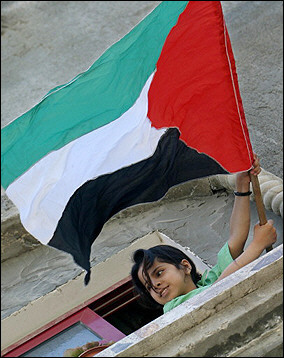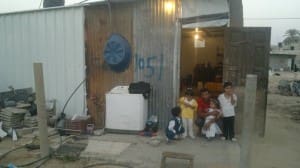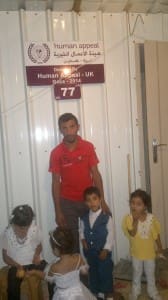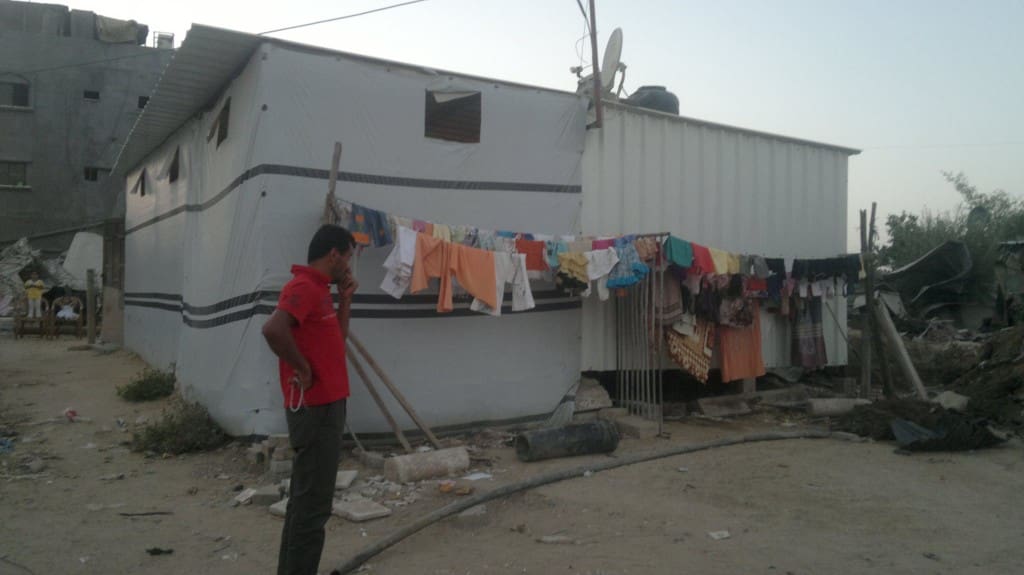Mariam Barghouti gives space for my youngest daughter to tell about her first Israeli interrogation at age 12 and for me to describe my recurrent harassment at Ben Gurion airport, in her article in The Forward, “Palestinian Women Are Harassed and Humiliated at Checkpoints. Here Are a Few of Their Stories.” Read the full piece here.
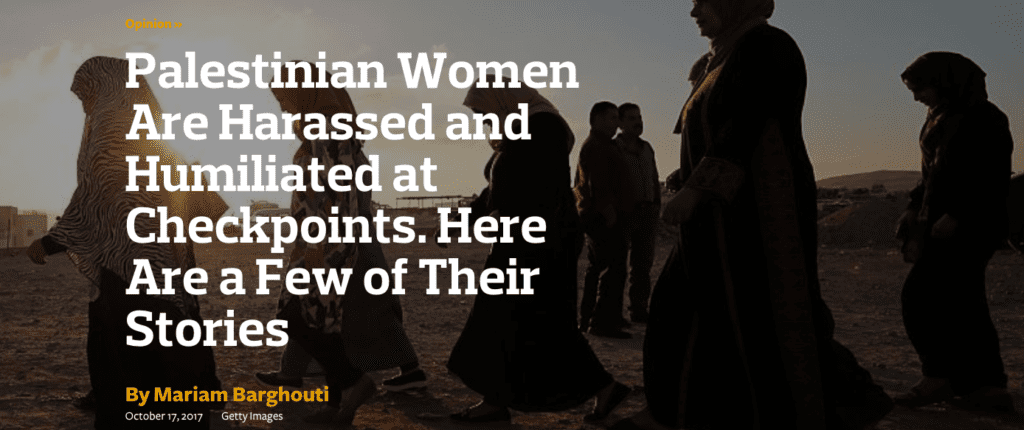
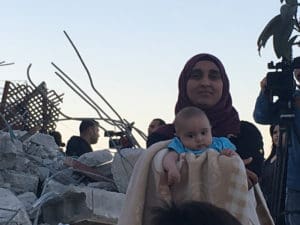
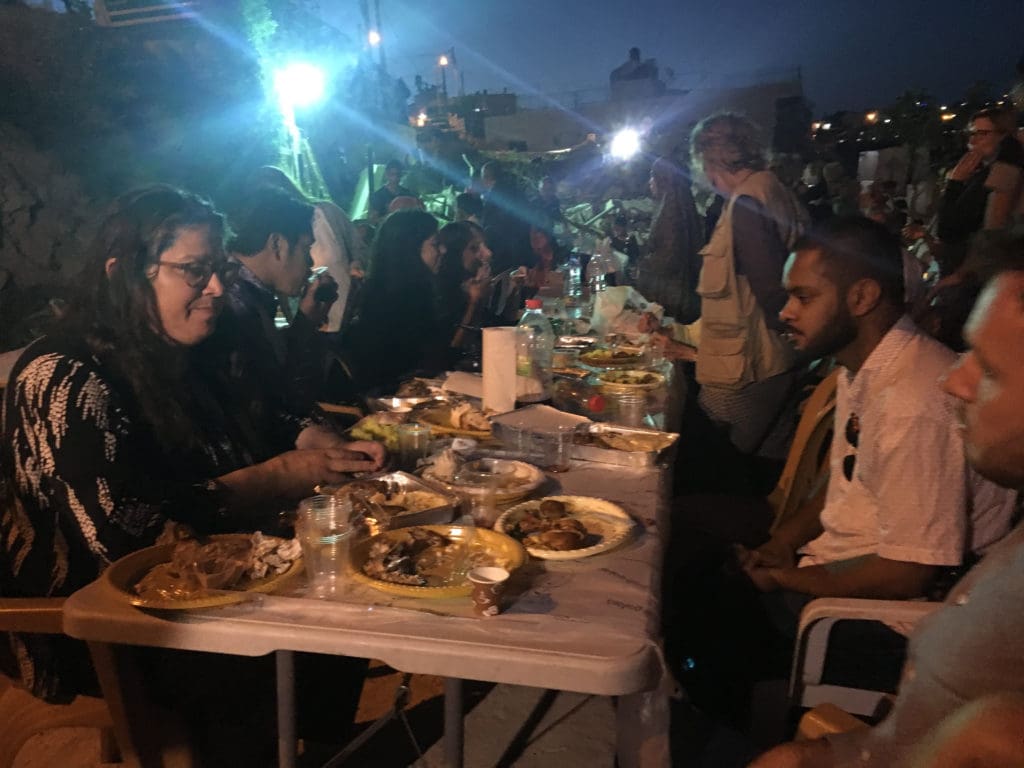
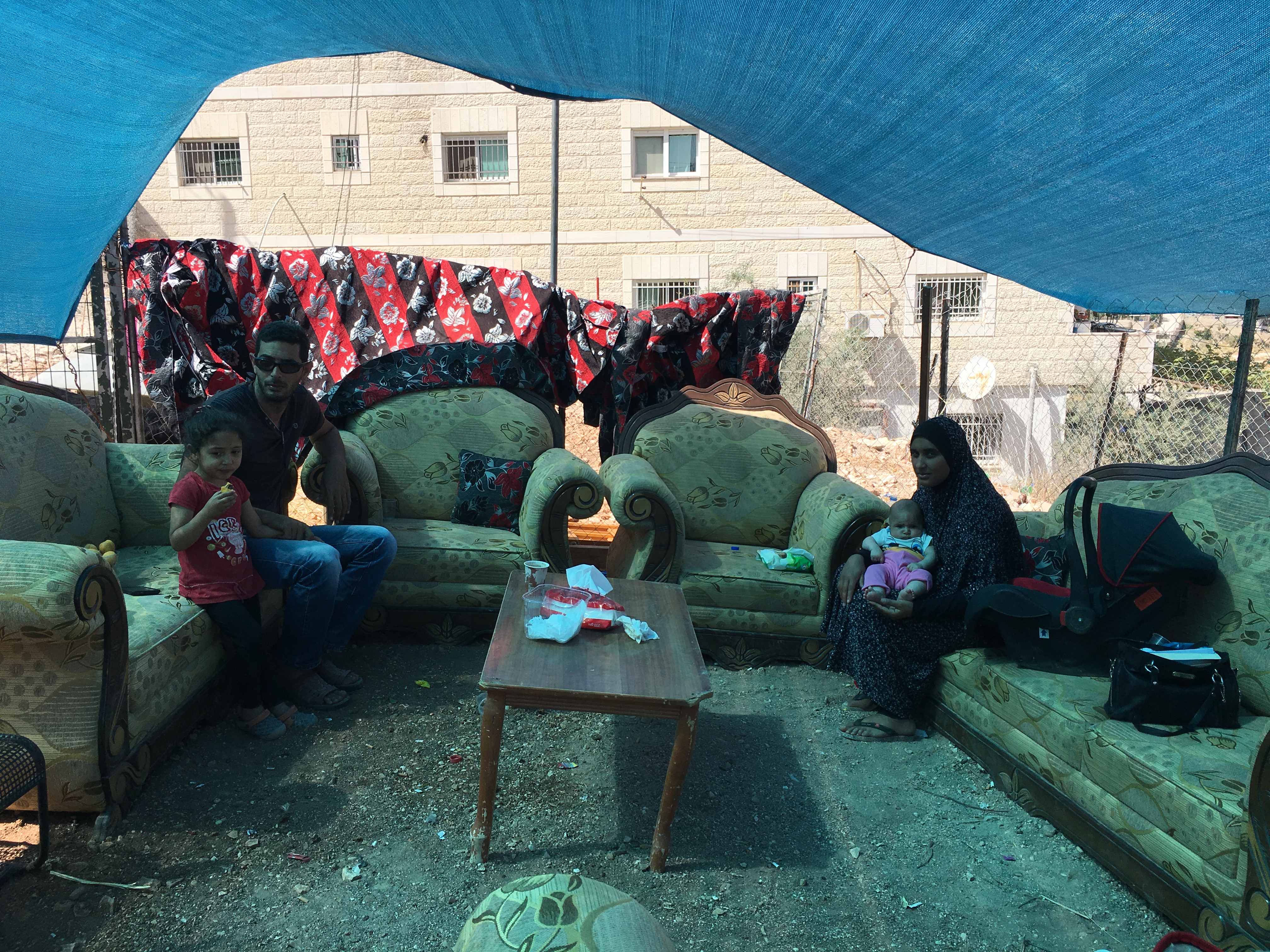
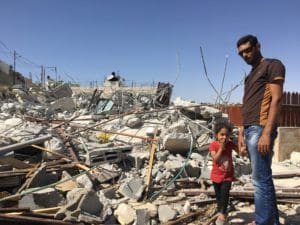 “I know. But when Ashraf rushed home and showed the demolition crew the Israeli judge’s order to pause the demolition, do you know what they did? They noted the judge’s name, left the site, and returned one hour later with a new demolition order from the same judge. Ashraf says an emergency court session gave them legal cover for their immoral act. Isn’t that evil?”
“I know. But when Ashraf rushed home and showed the demolition crew the Israeli judge’s order to pause the demolition, do you know what they did? They noted the judge’s name, left the site, and returned one hour later with a new demolition order from the same judge. Ashraf says an emergency court session gave them legal cover for their immoral act. Isn’t that evil?”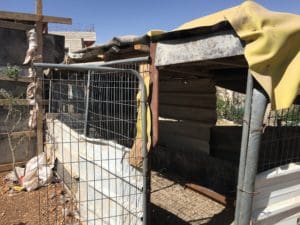

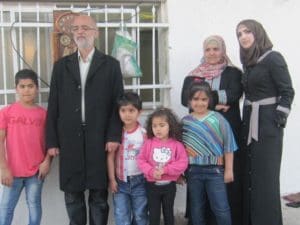
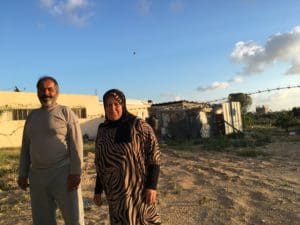
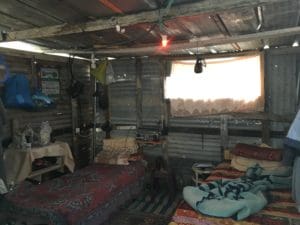
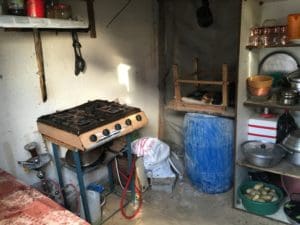
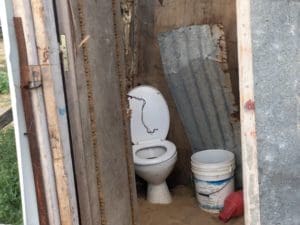
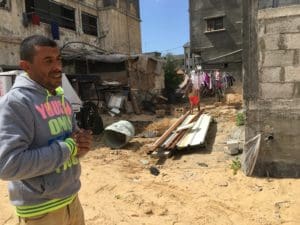
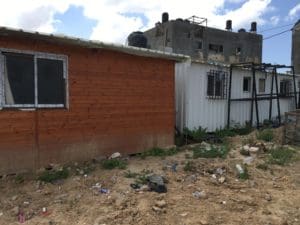 The aluminum caravan was so hot last summer, they slept outside. When the municipality wanted the land, Marwan moved his caravan near to his demolished home; that made the caravan even more unlivable. A donor provided a new, wooden caravan, but as the photo shows, it floods. There is no clarity if, when or how this family will ever get a new house.
The aluminum caravan was so hot last summer, they slept outside. When the municipality wanted the land, Marwan moved his caravan near to his demolished home; that made the caravan even more unlivable. A donor provided a new, wooden caravan, but as the photo shows, it floods. There is no clarity if, when or how this family will ever get a new house.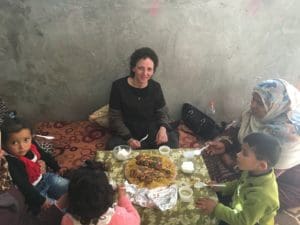
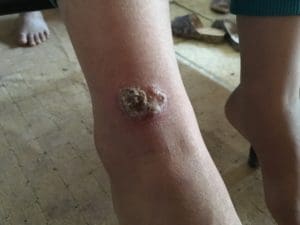
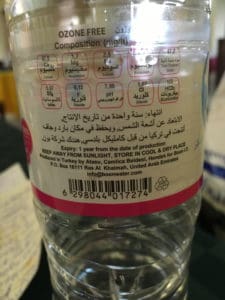
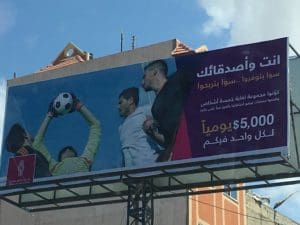
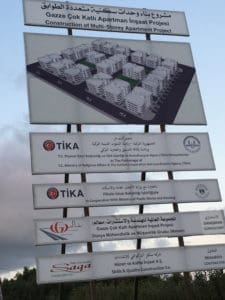
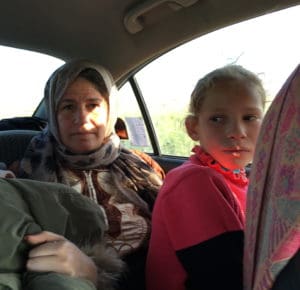
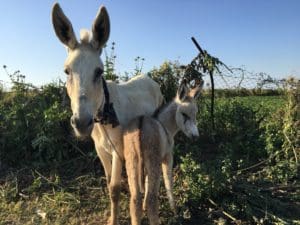 On the short drive, she showed us the rubble of her house, and her brother’s, and then, casually, she pointed out this donkey. “This donkey ran across the buffer zone to Israel and escaped the bombing that killed its owner. After the ceasefire, she came back, but the family who owned her never will.”
On the short drive, she showed us the rubble of her house, and her brother’s, and then, casually, she pointed out this donkey. “This donkey ran across the buffer zone to Israel and escaped the bombing that killed its owner. After the ceasefire, she came back, but the family who owned her never will.”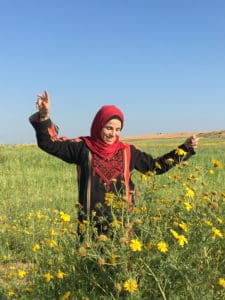
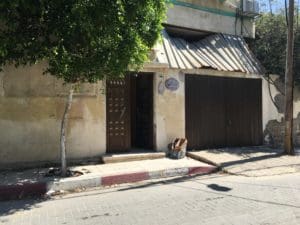
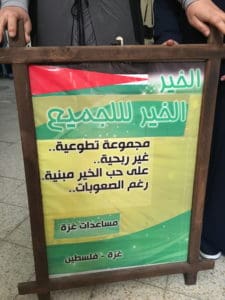 While I visited, various items were donated and various women came to shop for things they needed. The whole operation oozes with respect and gratitude and mutual help.
While I visited, various items were donated and various women came to shop for things they needed. The whole operation oozes with respect and gratitude and mutual help.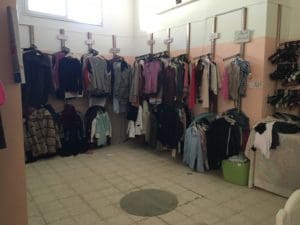 No sense of desperation or hopelessness there — Gazan society is doing what they can to help themselves. It was a good way to end my visit. But then, driving towards Erez Checkpoint on my way home, I began to feel a bit desperate. Had I used my precious time in Gaza fully? I started to snap photos indiscriminately to try to hold on to Gaza, to my gratitude for getting to visit this special place.
No sense of desperation or hopelessness there — Gazan society is doing what they can to help themselves. It was a good way to end my visit. But then, driving towards Erez Checkpoint on my way home, I began to feel a bit desperate. Had I used my precious time in Gaza fully? I started to snap photos indiscriminately to try to hold on to Gaza, to my gratitude for getting to visit this special place.